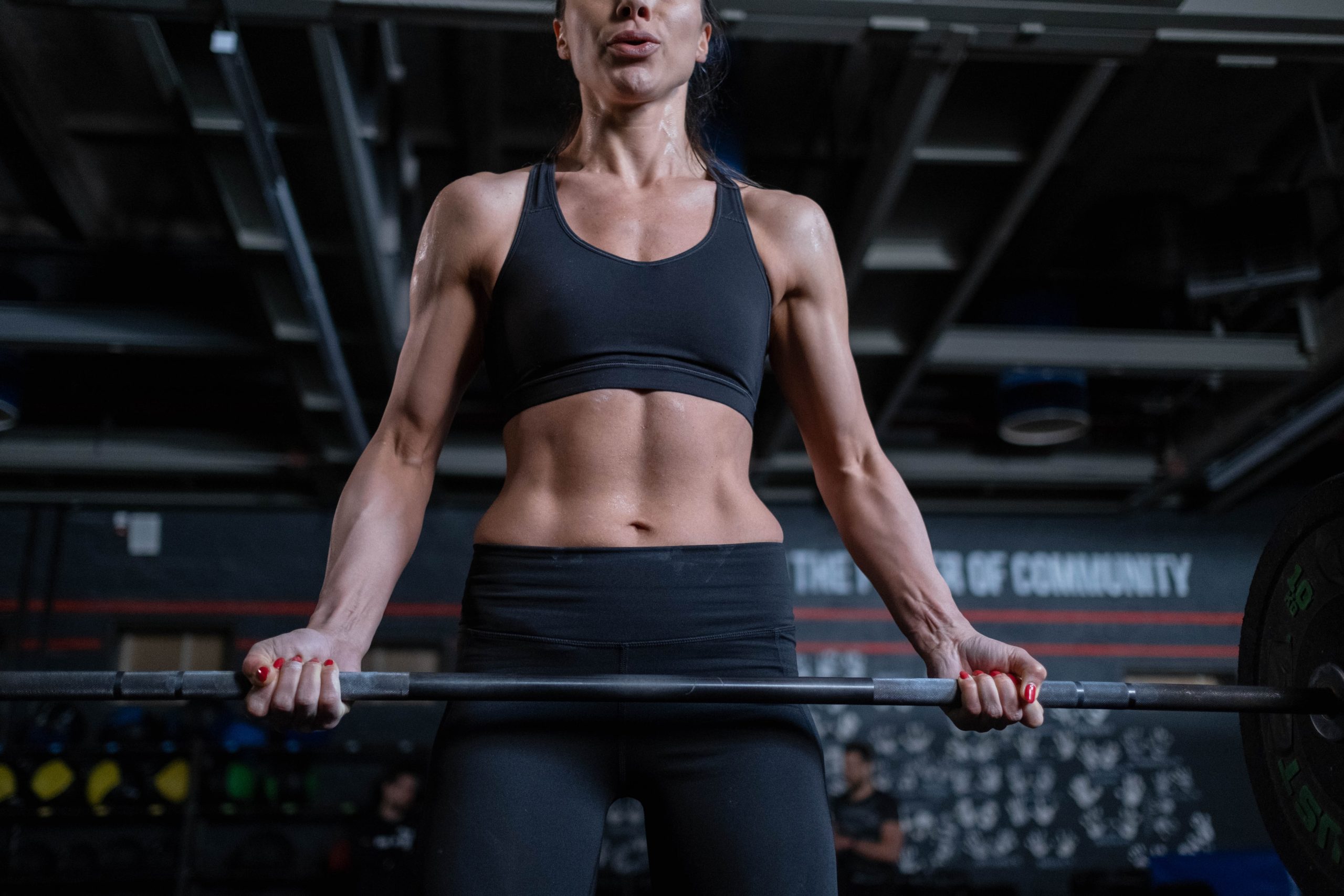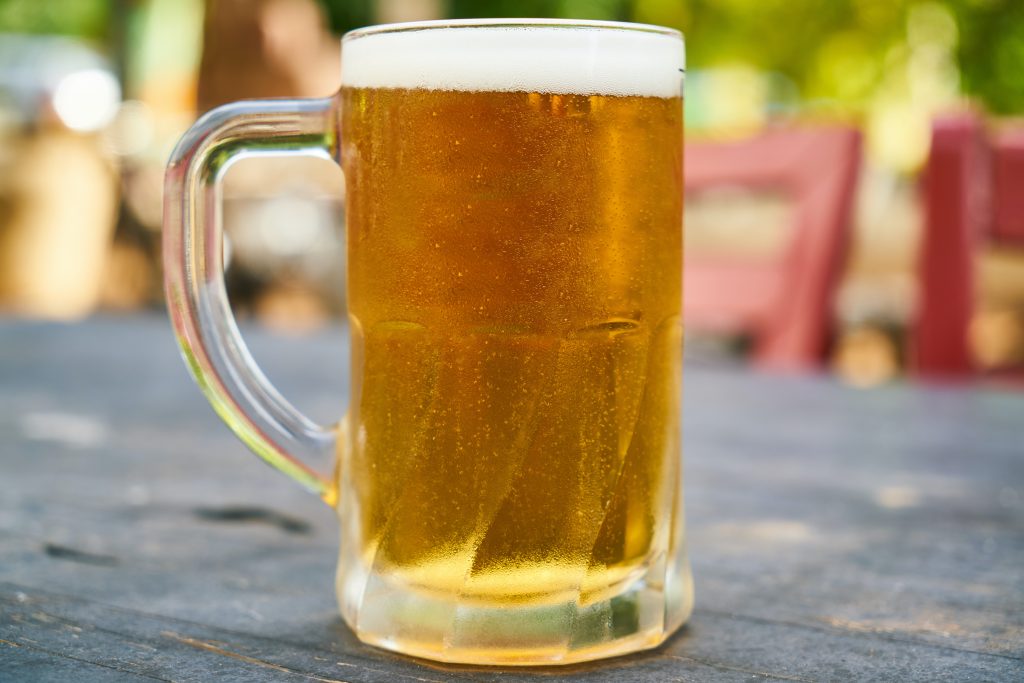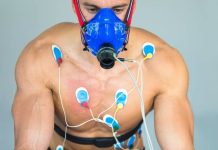If your goal is to gain muscle mass, chances are you have come across numerous videos online by influencers and self-proclaimed experts discussing the different steps you need to take outside of the gym to enhance your progress. One frequently suggested advice is to completely avoid alcohol if you want to achieve muscle growth, with many claiming that consuming alcohol can impede your muscle-building endeavors. To experience, exceptional performance in running, choose the best footwear for your runs like Tarkine Trail Devil shoes.
Although it may appear exaggerated, there is evidence to support this advice. A study conducted on eight physically active young men showed that consuming high amounts of alcohol after exercise (equivalent to approximately seven beers in three hours) led to decreased muscle protein synthesis when compared to a state where no alcohol was consumed.
Drinking alcohol in moderation does not necessarily imply that you cannot gain muscle. However, there is no definitive evidence currently available on the impact of moderate alcohol intake (one to two beers) on muscle development.
Similar research has been conducted on the effects of alcohol on other organs in the body. For example, studies on the liver have found that drinking the equivalent of two beers does not negatively affect liver protein synthesis rates while drinking the equivalent of five beers does.
Similarly, research on rodents has shown that moderate daily alcohol consumption for two weeks did not impair muscle growth in response to overloading. This suggests that having a beer or two is unlikely to hinder your ability to build muscle in response to resistance exercise and that there may be a threshold for alcohol intake beyond which muscle growth will be negatively impacted.
However, there is currently no corresponding evidence of this effect in humans due to ethical issues with asking volunteers to repeatedly consume large amounts of alcohol. As a result, most studies on alcohol intake and muscle growth are conducted on animals.
Although the exact ways in which alcohol affects muscle growth are not completely comprehended, some studies have proposed that the molecular signals that activate muscle building may decrease due to heavy alcohol consumption. Furthermore, alcohol’s influence on the body’s hormones, especially testosterone, can also impact muscle gains. Testosterone is a hormone that assists in increasing muscle mass during resistance exercise training.
View this post on Instagram
Moderate doses of alcohol, equivalent to around two beers, can actually increase testosterone levels, but this increase is short-lived and is therefore unlikely to significantly contribute to muscle gain. In contrast, high levels of alcohol consumption can reduce testosterone levels and impair the benefits of exercise.
Drinking alcohol can also have other effects on the body, such as causing weight gain. While a post-workout beer is unlikely to lead to excessive weight gain, regular heavy alcohol consumption can increase the risk of weight gain.
View this post on Instagram
In conclusion, if you’re someone who enjoys having a couple of drinks throughout the week, it appears that a post-workout drink or two is unlikely to negatively impact your efforts to gain muscle. However, binge drinking should be avoided. More research is needed to better understand the effects of different amounts of alcohol on muscle growth in response to exercise, especially in other populations such as women and older adults. As always, moderation is key.

















